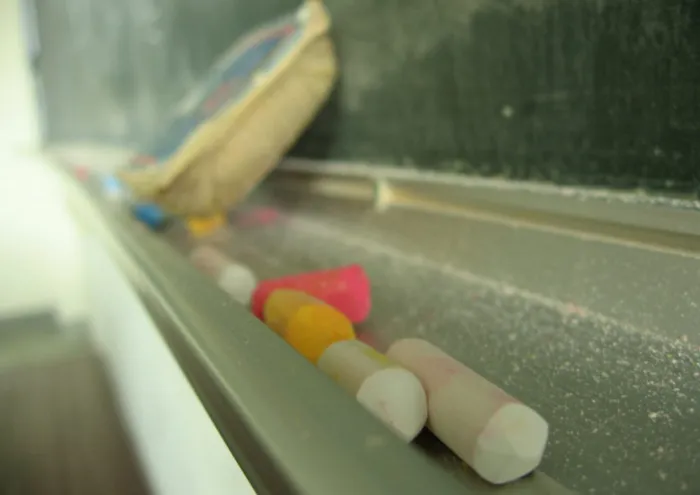Report lifts lid on ‘bad teachers’

Durban - Staffroom brawls, cases of teachers meting out corporal punishment, and the sexual abuse of pupils occur unabated in South African schools - and KwaZulu-Natal is no exception.
New statistics released by the South African Council of Educators (Sace) in Parliament on Thursday showed that the number of complaints against KZN teachers for various types of misconduct was up from 84 cases reported in 2011/12.
According to the council’s 2012/13 annual report, the bulk of the 556 complaints lodged nationally during the latest reporting period were from the Western Cape (213), KZN (107) and Gauteng (64).
By comparison, nationally, there were 440 complaints lodged with the council in the 2010/11 financial year, and 265 in the 2009/10 reporting year.
The number of offences involving KZN teachers included 27 of fraud and theft, 24 of assault and meting out corporal punishment, 24 of sexual misconduct (including rape), 14 of verbal abuse and harassment, 15 related to alcohol abuse, absenteeism and insubordination, one of racism and one of murder.
Nationally, the council received 65 complaints related to fraud and theft, 182 to corporal punishment, 104 to sexual misconduct (including rape) and a growing number of incidences of teachers assaulting one another on school premises.
The council is responsible for enforcing the code of conduct among South Africa’s teachers, and has the power to strike those who breach it off the roll.
Provincial education departments are obliged to report their finalised disciplinary cases to the council, but the public may lodge a complaint directly with it.
The council’s report states that parents pose one of the biggest challenges in bringing sexually abusive teachers to book. In some cases, the complaint is withdrawn by parents, or abusers would end up being referred to as “sons-in-law”.
But Nikki Stein, an attorney with the prominent NGO Section27, said that this was a “horrible generalisation”.
Stein said that while there were cases of perpetrators offering financial support to the victim’s family, the parents themselves were often trying to deal with the trauma of the abuse or rape.
Stein emphasised that an increase or decrease in the number of complaints did not reflect the actual number of cases of teacher misconduct.
She said a spike in reported cases could be attributed to improved awareness of the avenues available to lodge a complaint, and that a dip in reported cases could be a consequence of pupils fearing secondary victimisation.
KZN Education head Nkosinathi Sishi said he was concerned that the number of complaints against teachers was growing, because it meant a larger number of children were at the receiving end of various types of abuse. These teachers were not fit to stand before a classroom, he said.
But Sishi added that 90 000 teachers were employed in KZN, and that some of the teachers accused of wrongdoing were acquitted.
The Mercury